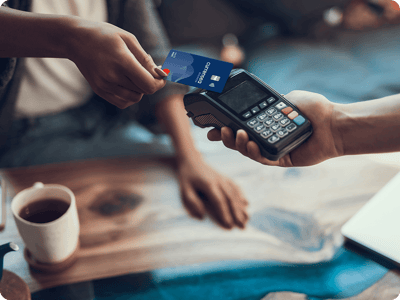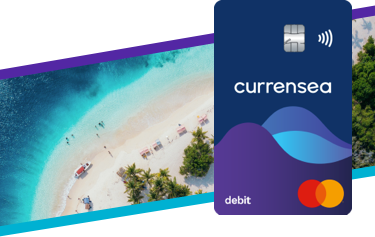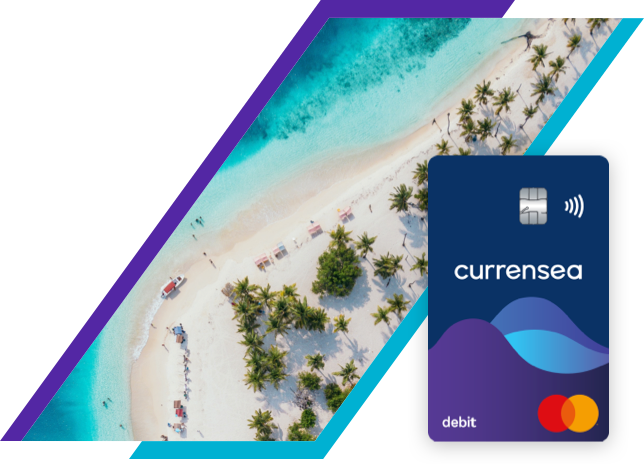
Using Mastercards chargeback protection allows users to put in a claim for a refund from the business they bought from in reaction to a number of different eventualities; including if the goods are damaged, are not as described, haven’t been ‘delivered’ or if the merchant has ceased trading.
How do I apply for Chargeback?
So, if you’ve had a flight, holiday or hotel cancelled due to COVID and the company is refusing to pay you back, how do you know if you can request Chargeback? First, check the T&Cs of your booking - ahead of booking any travel at the moment this is more important than ever because unfortunately if the T&Cs say “no refunds”, “transfers only” or have it in writing that they will only refund customers in voucher form, you will not be able to claim Chargeback. If the T&Cs don’t say any of the above you are within your rights to claim Chargeback.
Chargeback isn’t law, but rather is part of what is known as Scheme Rules, which only some participating providers subscribe to, luckily all Currensea purchases are protected by Mastercard’s chargeback protection scheme.
When you’re ready to make a claim, get in touch with Currensea’s customer support team as soon as you can so as not to miss the deadline of 120 days. The team will be able to guide you through the process and let you know what is needed to proceed.
What do I do if my transaction isn’t covered?
Unfortunately, traders can sometimes find ways to show you’re in breach of contract for not paying (another reason why being really careful with T&Cs is important) and Currensea may not be able to refund you. If you believe you’re within your rights but Currensea can’t help, you can ask for something called a letter of deadlock (template from Citizens Advice here) and contact the Financial Ombudsman Service who will escalate the problem.




